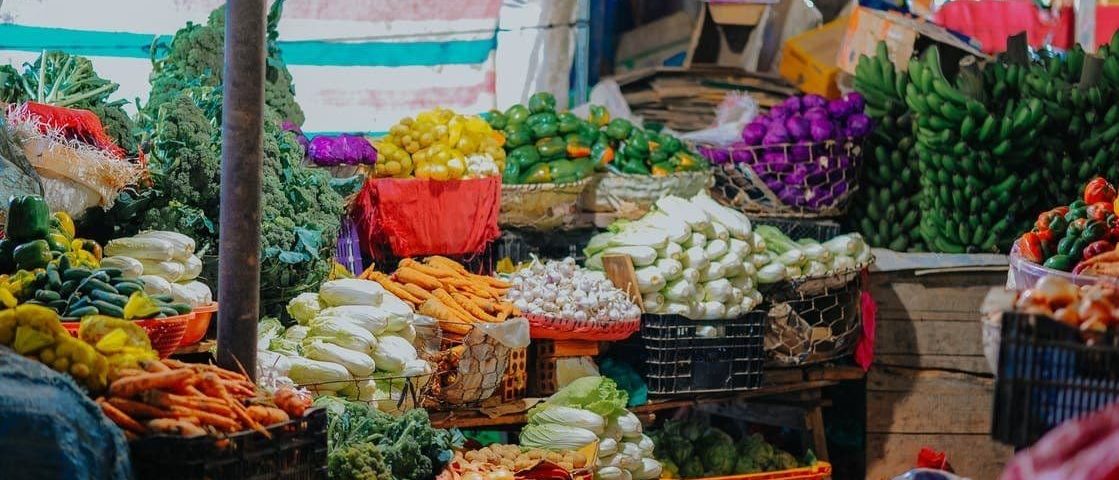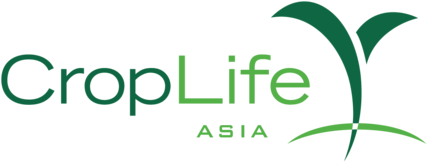CropLife Asia Joins FAO Call for Healthy & Sustainable Diets for all this World Food Day

Photo by Min An from Pexels
Singapore, 16 October 2019 – This World Food Day, CropLife Asia proudly joins the Food and Agriculture Organization of the United Nations (FAO) in the call to make healthy and sustainable diets accessible and affordable to everyone – and heralds the innovations of plant science technologies as a key component in realizing this pursuit.
The latest State of Food Security and Nutrition in the World (SOFI) Report by the FAO reveals that while more than 820 million people around the world suffer from hunger, over 670 million adults and 120 million boys and girls between the ages of 5-19 are obese. Children under five years old are also part of this troubling trend with over 40 million of them being overweight globally.
The paradox of how food insecurity is associated with both undernourishment as well as overweight and obesity is prevalent in Asia, where the majority of the undernourished population (more than 500 million) live. In 2018, Africa and Asia bore the greatest share of all forms of malnutrition by accounting for more than nine out of ten of all stunted and wasted children; while nearly three-quarters of all overweight children worldwide also reside in Asia.
“The numbers revealed by the FAO SOFI Report are alarming and suggest a crisis is at hand,” said Dr. Siang Hee Tan, Executive Director of CropLife Asia. “Innovations such as crop protection products and plant biotechnology have a role to play in mitigating the debilitating effects of this crisis. These plant science tools are food and nutrition security game-changers that can help Asia’s smallholder farmers not only produce more high-quality food but also mitigate the impacts of climate change.”
Biotech crops are developed with improved traits such as increased yield, better resistance to pests and/or improved nutrition, among others. These traits are crucial tools that enable farmers to meet global challenges such as food insecurity and climate change. Meanwhile, growers continue to rely on crop protection products to produce more food on less land and raise productivity per hectare. Without crop protection products, 40 percent of global rice and maize harvests could be lost every year[1] and losses for fruits and vegetables could be as high as 50-90 percent.
“Apart from innovations, nutrition-focused food policies as well as public-private sector partnerships all have a role to play in ensuring that affordable, safe and nutritious food is made available to everyone. Our actions have to become more coordinated and more effective to handle this crisis,” Dr. Tan added.
One of CropLife Asia’s partnerships this year is with the US-ASEAN Business Council and EU-ASEAN Business Council to form the ASEAN Safe, Nutritious Food Alliance. This new group has conducted public-private sector dialogues in Bangkok and Hanoi thus far with key findings, shared solutions, and opportunities for greater partnership coming to light to better ensure safe, nutritious and abundant food supplies in Thailand and Vietnam respectively.
About CropLife Asia
CropLife Asia is a non-profit society and the regional organization of CropLife International, the voice of the global plant science industry. We advocate a safe, secure food supply, and our vision is food security enabled by innovative agriculture. CropLife Asia supports the work of 15 member associations across the continent and is led by eight member companies at the forefront of crop protection, seeds and/or biotechnology research and development. For more information, visit us at www.croplifeasia.org.
For more information please contact:
Duke Hipp
Director, Public Affairs
CropLife Asia
Tel: (65) 6221 1615
